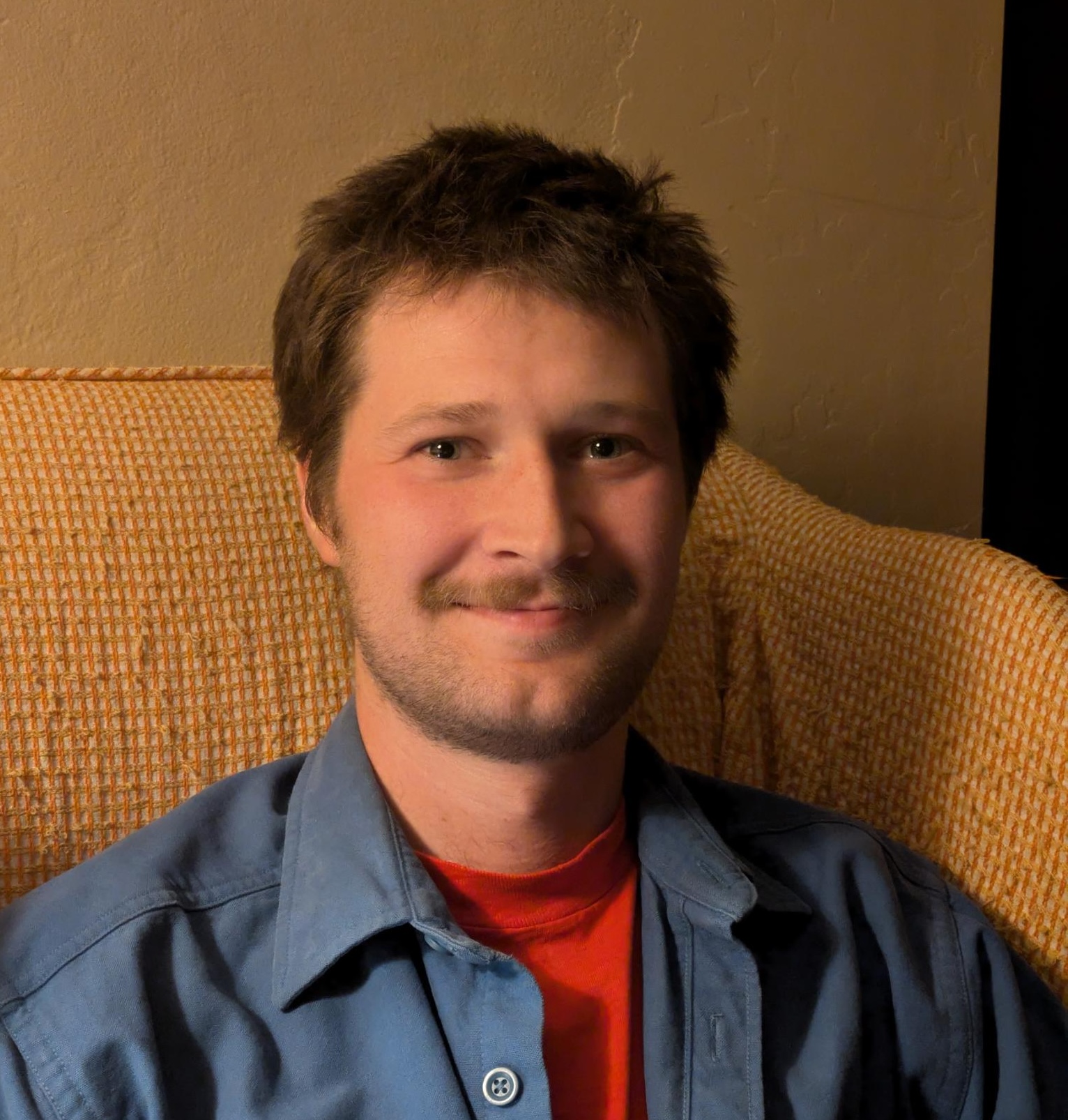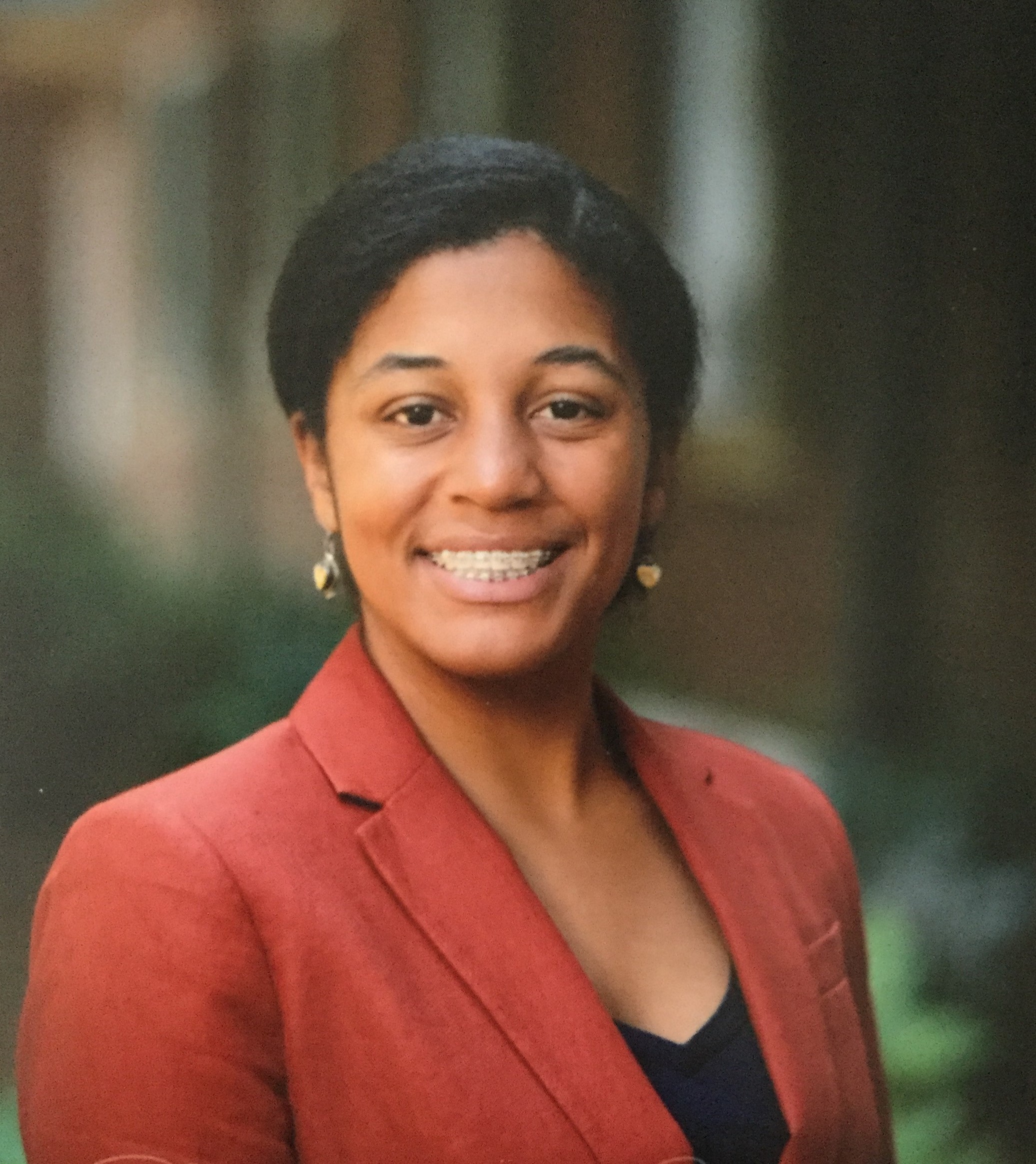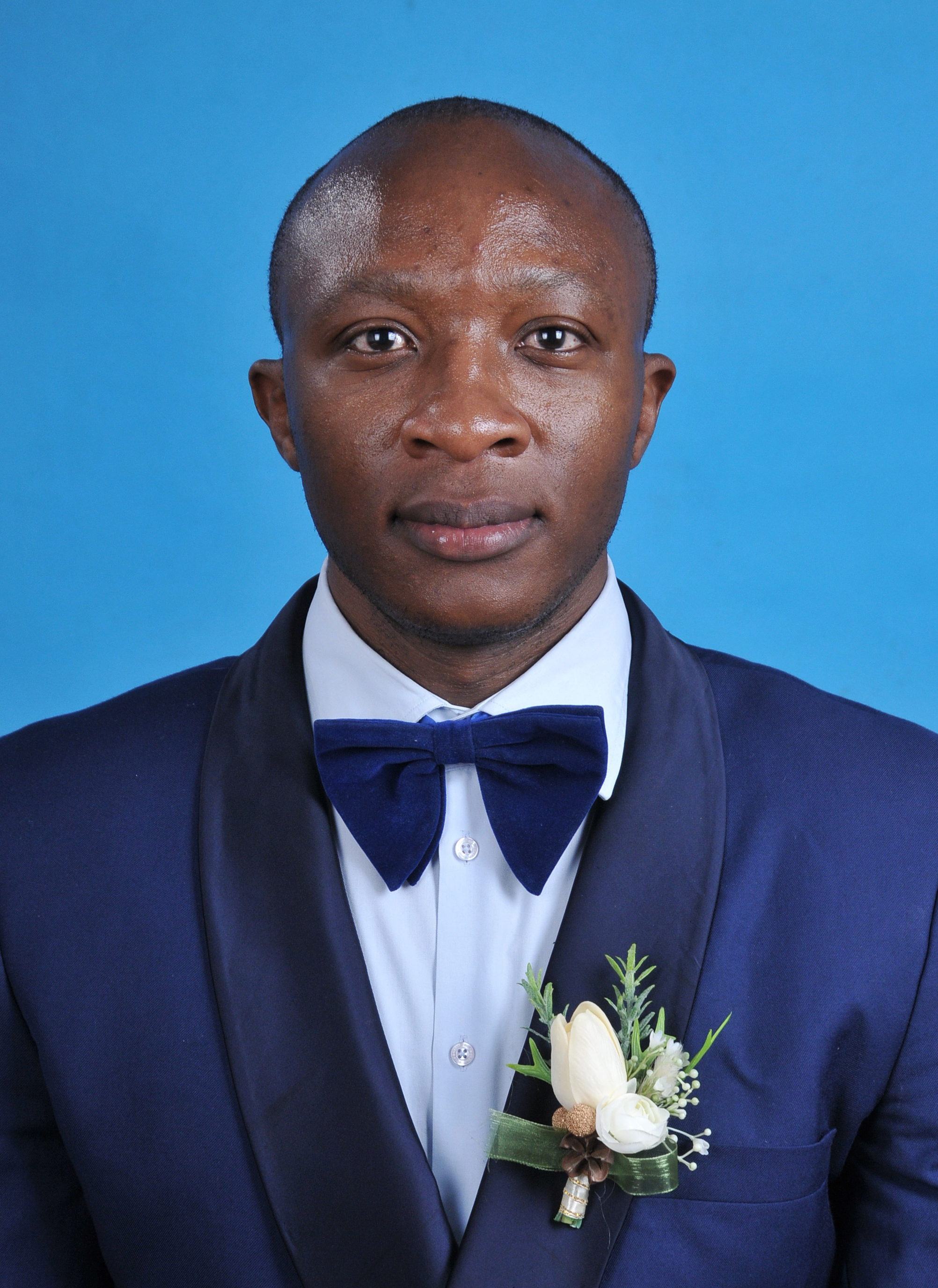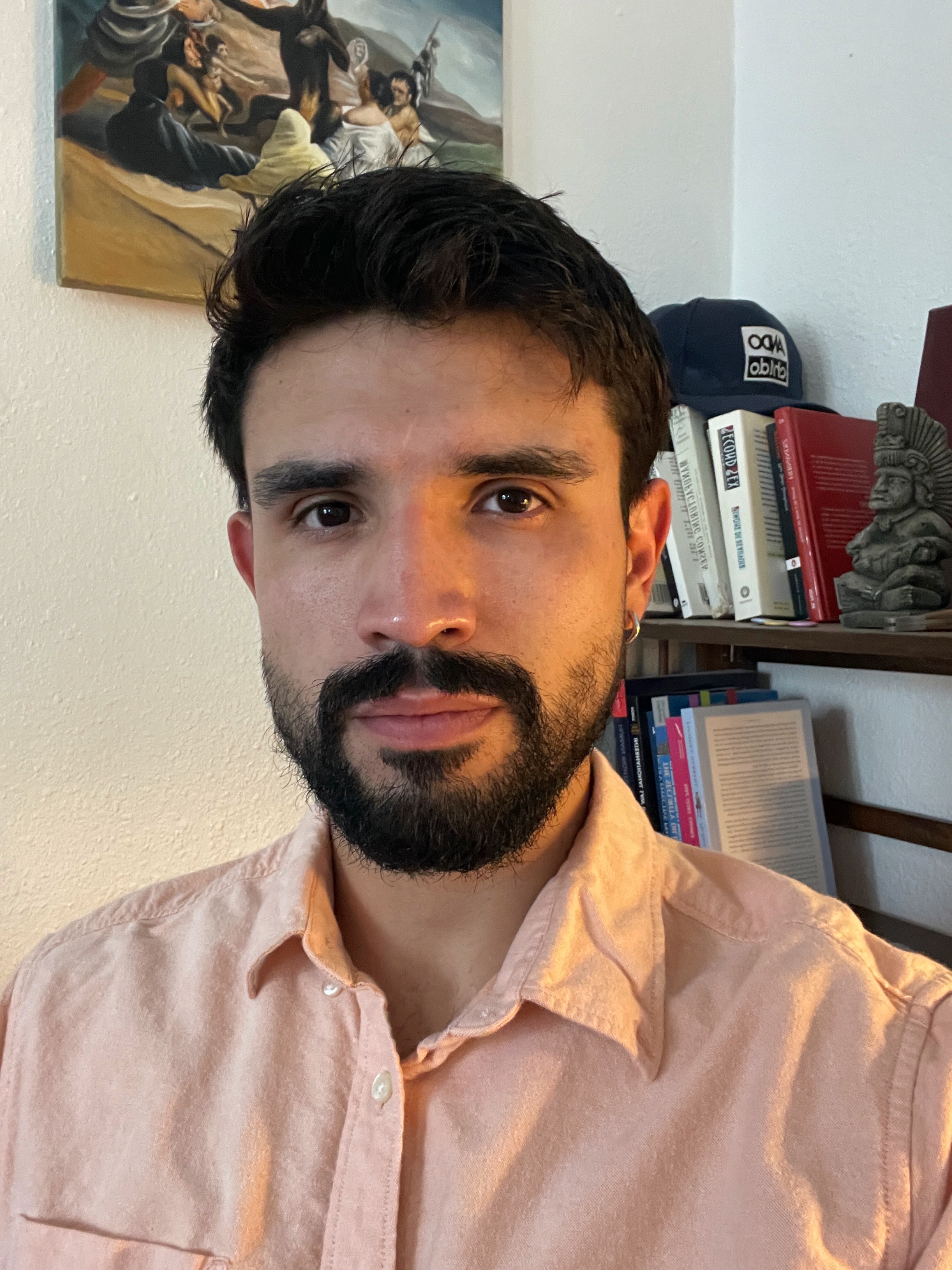Grad Students
Filter by Degree
Charlotte Auh
M.A. Student

- Email:
- cauh@unm.edu
Sebastian Cardenas
M.A. Student

Sebastian Cardenas was born and raised in Omaha, Nebraska. He is a Latin American Studies Master’s Student that focuses on Indigeneity in the Americas. By completing this degree program, he intends to expand his knowledge on indigenous cultures, languages, and traditions that were prevalent in the Americas before and after Europeans arrived. Prior to coming to the University of New Mexico, Sebastian graduated with highest distinction from the University of Nebraska-Lincoln where he studied Global Studies, History, and Spanish. After completing his undergraduate education, Sebastian participated in the North American Language and Culture Assistants Program. This program allowed him to assist English teachers in Valdepeñas, a small city in the Spanish autonomous community of Castilla-La Mancha.
As part of the Mellon Initiative, Sebastian assists the Latin American and Iberian Institute as well as other associated departments in promoting humanities programs at the University of New Mexico to prospective students. Examples of his work towards the initiative include tabling with faculty from the Latin American and Iberian Institute as well as helping them advertise events they sponsor on campus to gain interest from students who may want to join the program. Aside from this, he has also worked on the initiative by attending events hosted by other departments and taking photos to be used to promote it.
Ebony Gonzalez
M.A. Student

- Email:
- egonzalez2@unm.edu
Kamryn Johnson
M.A. Student

- Email:
- kjohnson174@unm.edu
Noah Mertz
M.A. Student

Noah grew up and attended college in the northeast United States, and since then has taught at a high school in Toulouse and as an outdoor educator in the mountains of Northern California, been involved in local politics in his hometown outside Boston, and traveled across the U.S. for an environmental project. His undergrad research focused on a narrative analysis of Édouard Levé’s experimental autobiographical book Suicide (2008), examining how paratextual information informs the reading of the text, as well beginning to outline a history of the suicidal artist trope. His current project revisits, interprets, and appraises the present usefulness of Guillaume Dustan’s political philosophy as outlined in later works, especially Génie Divin (2001), as documentaries of underground queer life in the late AIDS era, cogent histories of the backlash to the cultural revolutions of the 1960s and 70s in France, and audacious prescriptions for the French Republic that could provoke a renewed push toward fulfilling the Enlightenment-era promises of its Constitution. He is also working on a translation of Génie Divin for Semiotext(e).
Noah is helping to put together a series of videos that will showcase the various options for study in the humanities at UNM Albuquerque.
Brandy Reeves
Ph.D. Student

- Email:
- breeves@unm.edu
Thierry Samuel
Ph.D. Student

Thierry Samuel is a passionate scholar, educator, and writer with a diverse academic and professional background. Currently pursuing a Ph.D. in French and Francophone Studies at the University of New Mexico (UNM), Thierry delves into complex interdisciplinary fields, blending literature, philosophy, and cultural studies. He is a Graduate Assistant for student organizations under the African American Student Services at UNM, where he fosters inclusivity and cultural engagement. Thierry’s creative endeavors include poetry and novel writing, often inspired by themes of community, materialism, and humanity's shared struggles.
As a dynamic teacher, Thierry Samuel teaches Mandarin Chinese, blending linguistic proficiency with cultural depth. Beyond academics, he contributes to his community through initiatives like the New Mexico Veteran Soccer Club.
Research
Thierry Samuel's research explores the relational self in contemporary African and Chinese philosophy, with a comparative study of Achille Mbembe and Li Zehou. His work critiques Western individualism and examines non-Western perspectives on selfhood. Additionally, his scholarly focus includes the portrayal of China's image in contemporary African art.
Thierry Samuel serves as a graduate assistant for the Mellon program at the University of New Mexico, where he collaborates with grant recipients to promote the importance of humanities. Through innovative projects and engaging initiatives, he works to inspire college and prospective university students to consider humanities majors. Thierry's efforts aim to highlight the critical role of the humanities in understanding human experiences, fostering critical thinking, and addressing global challenges. His dedication contributes to strengthening interest in these vital fields at UNM and beyond.
Lizbeth Sánchez García
Ph.D. Student

- Email:
- lizsanchezg11@unm.edu
Mario Serratos
M.A. Student

- Email:
- mdserr@unm.edu
